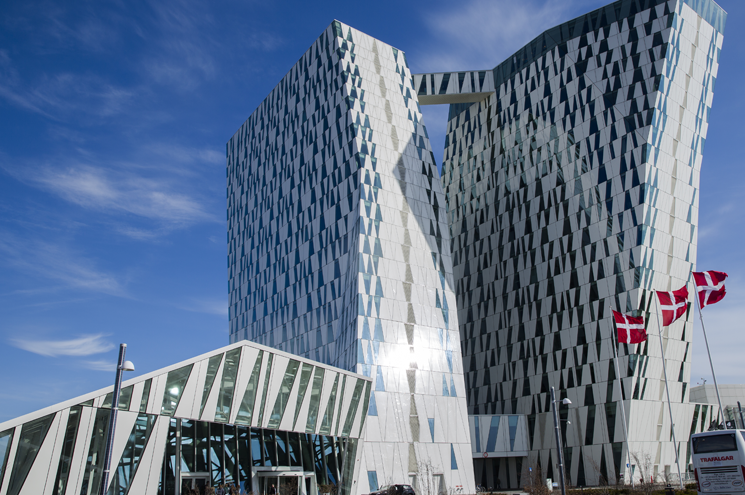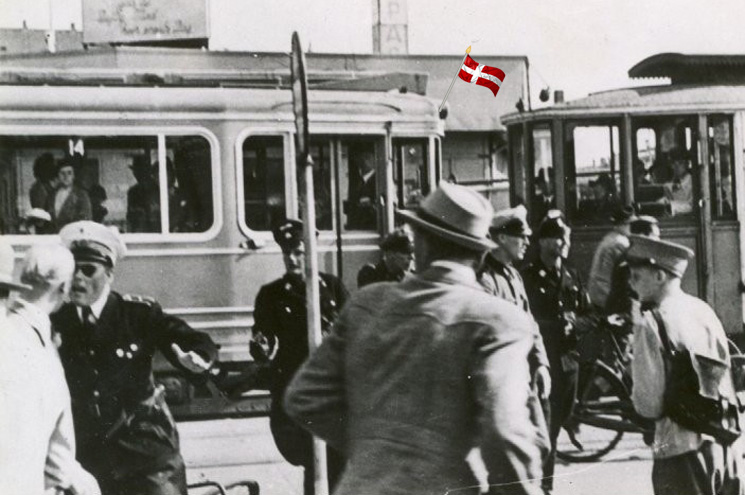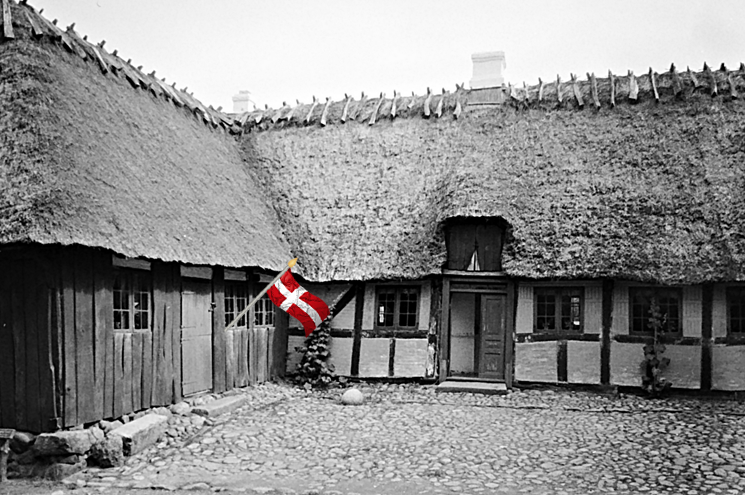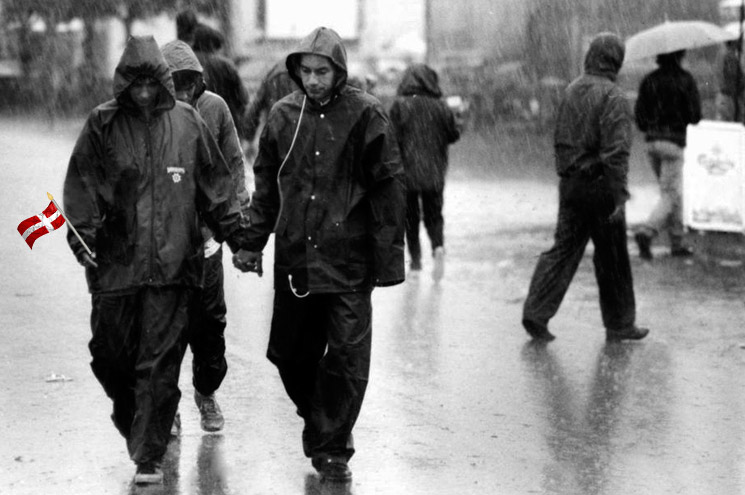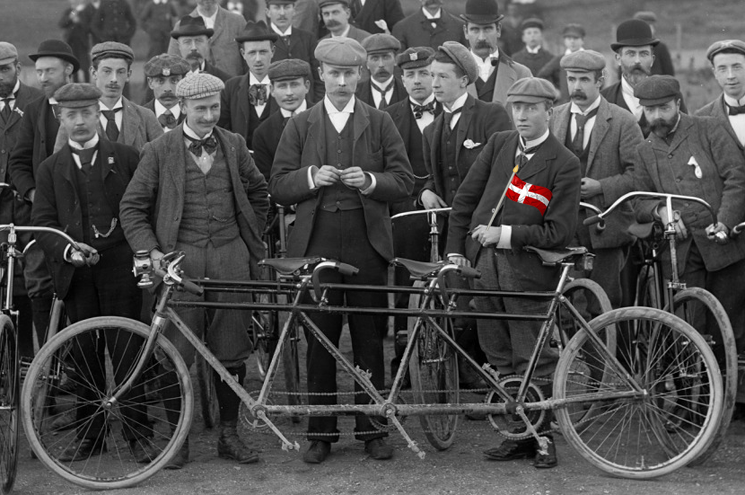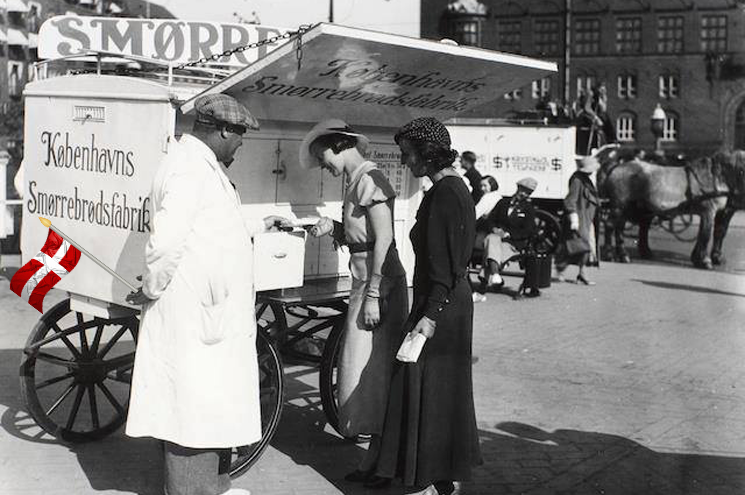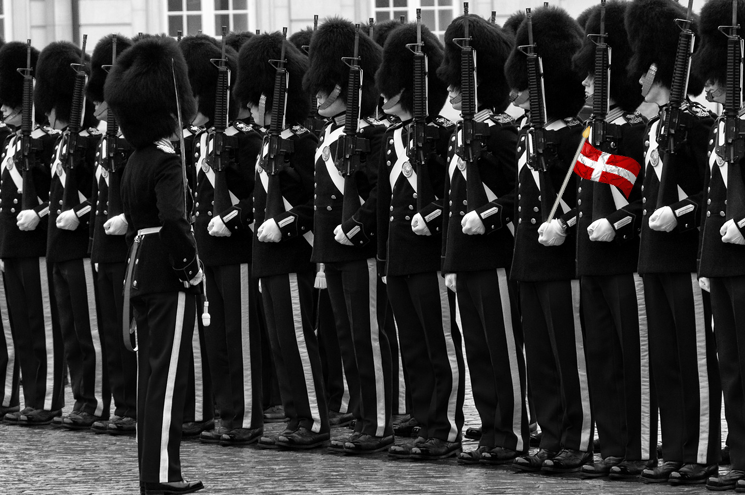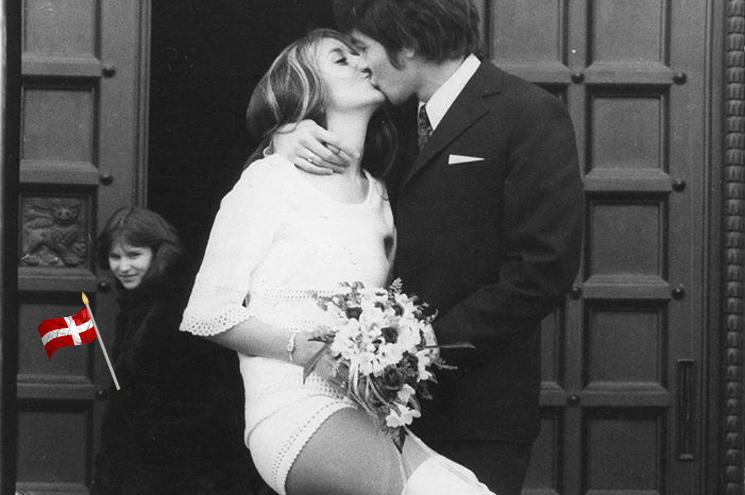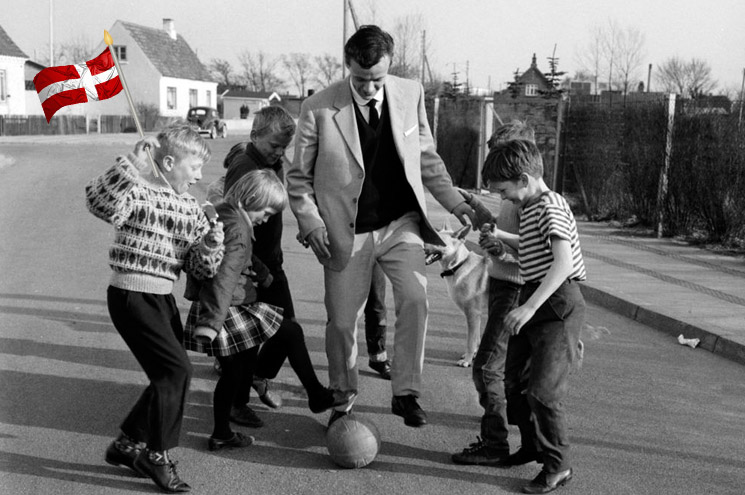This week, I found myself running from Sølvtoret, where I mistakenly got off the bus, to Søtorvet, where my business meeting was. Sølvtoret and Søtorvet were about fifteen minutes apart by foot, and it was ten minutes before I had to be there, so I was moving pretty quickly.
Stories about life in Denmark
What’s it like to live in Denmark as an expatriate? Kay Xander Mellish has lived in Copenhagen since 2000, and her blog about life as a foreigner among the Danes includes a podcast as well as drawings and photographs. If you are moving to Denmark, studying in Denmark, or simply thinking of visiting Denmark, you may enjoy this blog about the experiences of a foreigner in Copenhagen.
I have a daughter, and a couple of years ago, she buried her mobile phone in the sandbox at school.
She buried her mobile phone deep in the sand, too deep to hear it ring, and then she couldn’t find it. She dug and dug, and then she panicked, and she blamed another girl. She said the other girl had buried the phone in the sandbox.
Pretty soon lie piled on top of lie, so we ended up with a Richard Nixon/Bill Clinton type situation, where the lies were far worse than the original crime. When we finally unraveled it all, I had to apologize to the other girl’s mother.
And I punished my daughter, who was old enough to know better. I took her screens away – her online games and her YouTube access – for a month.
I am an adult bully
The Danish parents around me were horrified.
The idea of punishment, in Danish eyes, is old-fashioned and maybe a bit criminal in itself. From the Danish point of view, almost all problems can be solved by talking about them.
Danish Design: From spaceship toilets to thieves that steal chairs
When I first visited Denmark, back in my Eurail pass days, I didn’t like it much. Copenhagen was very different in those days: less prosperous, less open, less social.
There were few cafés then, and I had a lot of trouble finding something to eat. I walked and walked and ended up in the coffee shop at the SAS Radisson Hotel, a big 1970s concrete block on Amager.
Anyway, I took only one picture that day, and it was of a toilet at the hotel. It was the most beautifully designed toilet I had ever seen. All round, streamlined corners. It looked like a cross between an egg and a spaceship. I was really impressed. I took a picture.
I didn’t know it then, but I’d just seen my first example of local Danish design.
Before I moved to Denmark, I didn’t know what a thatcher was.
Of course, I had heard of Margaret Thatcher, the former British prime minister. But a thatcher – as a job like a carpenter, or a massage therapist – this was something I was not familiar with.
A thatcher, I now know, is a person who makes a thatched roof. A straw roof, basically. There are thousands of thatched roofs in Denmark, and they’re actually very practical for the climate, very environmentally friendly. They keep the heat in and the rain out.
If you want to live in a house with a thatched roof in Denmark, you probably can. A lot of them are vacant, because they tend to be located on farms in the countryside.
You, on the other hand, will probably want to live in a city somewhere – Copenhagen, or Aarhus, or Bilund if you work for Lego.
Beautiful but uncomfortable chairs
The bigger the city, the harder it will be for you to find a place to live. Or at least, a reasonably-priced place to live.
Danes like to buy their homes, because they can deduct the mortgage interest from their taxes.
But if you want to rent, there are two options.
I can’t remember exactly what the social occasion was, but when I was fairly new to Copenhagen I met a man who was a refugee from a country in Sub-Saharan Africa. He had escaped his homeland – I also can’t quite remember which country that was – by way of Cairo, Egypt, and ended up in Denmark.
What I do remember is his account of what it was like to come to Copenhagen after living in busy, colorful city like Cairo. He asked another refugee, a guy who’d been here longer, to show him downtown Copenhagen.
The guy drove him to, I don’t know, Gammel Strand on a Tuesday night in February, and there was no one there. All the Danes were home enjoying their hygge, and the streets were dark and empty. My friend got very angry at the other refugee. Said he’d tricked him. Where is the city! This is not the city! he said. But it was.
The same grey sweater
Anyway, I also remember this African refugee’s comments about Danish fashion. He said he had trouble shopping here, because Danish clothes all look alike. He said, Every store you go to, it’s got same grey sweater.
Now, that’s not entirely true. You could also find a navy blue sweater. I’ve even seen green sweaters.
In a country where new cars are taxed at up 150% of their purchase price – that means a $20,000 car will cost you in the neighborhood of $50,000 – bikes are bound to be popular.
Everybody bikes in Denmark. You’ll see executives in grey pinstriped business suits on bikes, and pretty girls pedaling in high heels. You’ll see people toting their kids through heavy traffic in fragile-looking bike trailers.
You’ll see old ladies biking very, very slowly with a lot of people backed up behind them, and you’ll see me, trying to balance my fresh dry cleaning on my bike because I don’t have a car.
The fact that Denmark is relatively flat helps – nobody likes to bike uphill – as does the fact that the climate is temperate. Denmark is as far north as parts of Alaska, but it usually isn’t bitterly cold in the winter.
Noma, the fancy Copenhagen restaurant, has again been named one the world’s best by the international culinary elite.
Given the general quality of Danish cuisine, this is a little bit like a dwarf winning the Olympic high jump. The truth is, everyday Danish food is inexpensive, filling, and occasionally tasty, but it is anything but fancy.
Like Noma – which proudly serves dishes like ‘shrimp and goose foot’ and ‘beef tartar and ants’ – traditional Danish cuisine relies heavily on local ingredients. Before World War II, Denmark was one of the poorest countries in Europe, and there were usually only local ingredients to be had.
This means fish, potatoes, onions, beets and pork are the bedrock of most Danish dishes. And then there is rugbrød, the traditional Danish dark rye bread.
Shortly before I arrived in Denmark in 2000, one of the famous guards outside the queen’s palace at Amalieborg was fired. You’ve seen these guards in pictures, the Royal Life Guards. They’re dressed like the British palace guards, only with dark blue coats, instead of red. They have the same tall, black, bearskin hats. It’s no big secret that being in the Royal Life Guards is an excellent path to a powerful future in corporate Denmark.
Anyway, the guard that was fired was special. She was the first woman to guard the Royal Palace at Amalieborg. There was a lot written about it in the newspapers at the time. Unfortunately, this young lady also had a part-time job. She was a prostitute. She would guard the palace by day and run her business out of the royal barracks in the evening. She found customers via escort ads in the local newspapers.
So the young lady was fired. But she was NOT fired because she was a prostitute. She was fired because she’d been ordered by her commander to stop moonlighting after her side-job was first discovered, and she did not stop. In fact, she’d been asking her soldier colleagues to drive her to her various nighttime appointments. She was fired for not following orders.
Painful hugs and Poison Gifts: When the same words mean different things in Danish and English
When you’re just starting to learn Danish, some people may tell you that Danish and English are very much alike.
In some ways, they are. The Vikings invaded England several times and left behind their language as well as their genes.
The Danish word sky, meaning cloud, became the English word ‘sky.’ Øl – Danish beer – is ‘ale’ in English.
But in some ways, English and Danish are not alike, and that can cause problems. Back in the days when I was learning French, they called them ‘false friends’ – words that look identical but mean entirely different things.
The one I noticed first when I arrived in Denmark was slut. Slut means ‘finished’ in Danish, all done, but the same four letters in English spell ‘slut,’ which is a not very nice name for someone, usually a woman, who is very friendly in a naked sort of way.
Traditional Danish sports: Big handballs and lonely ping-pong players
I just dropped my daughter off at handball practice today. Like many parents, I want my child to have a sport she can enjoy for a lifetime, and since we live in Denmark, her choices are Danish sports. Sports that a small country can excel in.
Now, I don’t want to sound like I’m making fun of traditional Danish sports. The fact is, Danish people make fun of my favorite sport, baseball.
This is because it’s similar to a Danish playground game, rundbold, which translates to ‘round ball.’ Round ball is a simple game and it’s played by very small children.
So, for Danes, a professional baseball game is like watching grown men play tag . . . or duck-duck-goose . . . wearing uniforms, in front of a stadium full of people. Danish people just can’t take that seriously.

